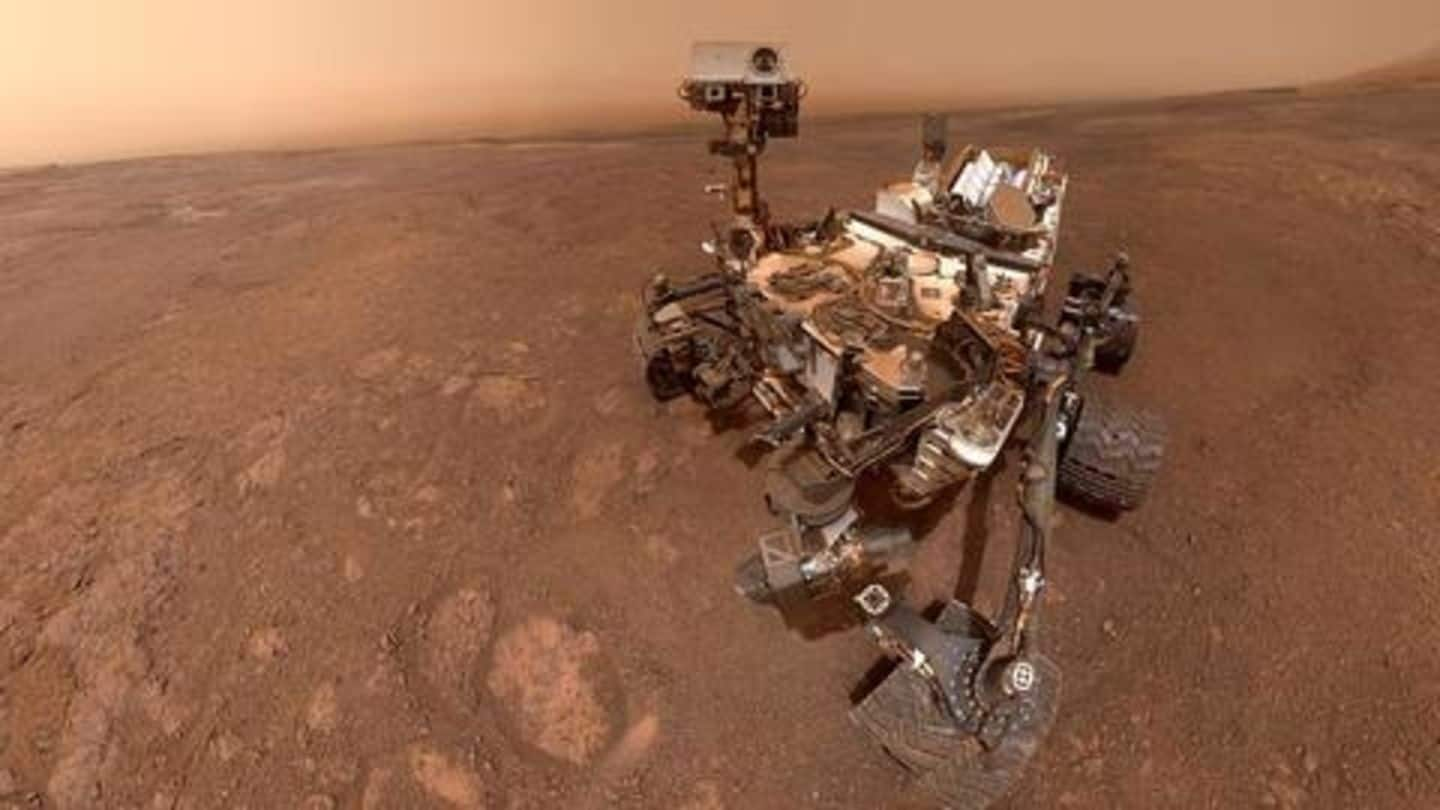
NASA invites help to develop autonomous rovers, offers $1 million
What's the story
NASA has opened the second phase of its Space Robotics Challenge, calling members of public, industry and academia to help with the development of autonomous rovers. The competition, set to take place in two different rounds, will boost the agency's work on autonomous robots that would be able to operate on the surface of distant worlds in the future. Here's all about the competition.
Competition
Competition to develop and demonstrate autonomous robot software
As part of the challenge, participants would have to develop sophisticated software that would enable fully autonomous operations, navigation and decision-making capabilities in a rover designed to operate in an alien environment. Then, they would have to demonstrate the effectiveness of the software by executing tasks assigned in the qualification and final rounds of the competition through virtual robots.
Rounds
Performance to be tested through simulations
In the qualification round, which opens in March, the participants would have to use their system in a simulation to complete three tasks designed to demonstrate the ability to work autonomously in alien worlds. Top 25 teams selected from this round will win a prize sum of $375,000 from NASA and proceed to the final round of the challenge.
Final round
Final round to check long-term working capabilities
The final round, set to take place in December 2020, will require the teams to improve their software solutions and demonstrate in simulations how their autonomous robots would perform during long-terms missions to alien worlds. The agency will pick top 10 participants from this round and awarded the with a prize of $625,000; their software would also be tested in real lunar robots.
Advantage
Robots would prove critical for future deep space missions
With this challenge, NASA wants to have as many resources as possible to launch robots into space and alien worlds. The agency believes that these machines would serve as a partner for human astronauts in the future. It says the astronauts would take care of mission complexities while the machines would handle "tedious, repetitive and even strenuous tasks."